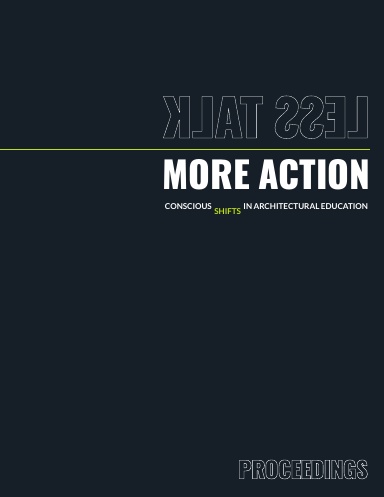Author(s): Sara Khorshidifard
The profession and beforehand the education of architecture remains accountable and must increase responsiveness towards real-time needs, including those of society. This paper examines this necessity, asserting a more rigorous and expansive application and address of social responsibility learning in the education. Architecture professionals have advantaged positions as creative generators of built environments, hence, are socially responsible to serve the public good, empowering peoples and envisioning democratic places for all. The education is the starting place in transferring the essential learning principles, knowledge, and skills. Despite the import, social learning is still one of the least considered, most overlooked student performance criteria in architectural education. This is despite several contemporary mandate assertions in place and progress by leading professional organizations such asAIA and educational credentialing bodies such as NAAB.The paper considers as premise that, despite all the good, social learning still remains a key area that design pedagogy tends to overlook rather easily or can fall short to address. Regarding The Now, where loftier curriculum revisions and augmented experiences may not be within the reach of a program, humble opportunities always remain within reach, opening rooms for significant civic goals. The paper is highlighting some of these more nuanced and subtle opportunistic approaches to embrace and better address the social in the education.
https://doi.org/10.35483/ACSA.FALL.19.8
Volume Editors
Amy Larimer, Deborah Berke, Diana Lin, Drew Krafcik, John Barton & Sunil Bald
ISBN
978-1-944214-24-1

 Study Architecture
Study Architecture  ProPEL
ProPEL 
